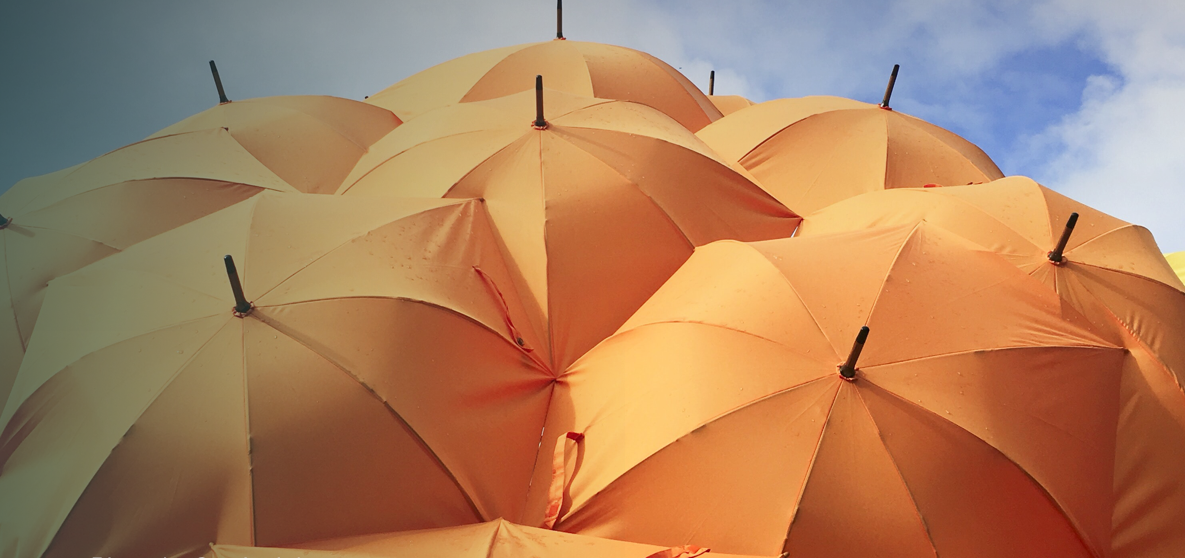

On December 30, Chinese ophthalmologist Li Wenliang from Wuhan alerted his colleagues about an unknown virus. Then, the information reached the local police.
The reaction of law enforcement was predictable, but, to put it mildly, short-sighted. As soon as January 3, Wenliang was called to the police, which accused him of “spreading rumors on the Internet” and “violating public order.” The doctor was expressly forbidden to continue talking about the new virus and threatened with court.
Wenliang returned to work at the hospital and a few days later, he contracted the coronavirus. Eventually, when China could no longer hide the situation with the epidemic, the Supreme Court of the country criticized the actions of the police, accusing them of contributing to the spread of the coronavirus. Unfortunately, this did not help Li Wenliang. He died on February 6 from COVID-19.
Apart from the tragic consequences for the entire world, Li Wenliang’s story is a cautionary tale for a whole other reason. If China had a procedure for processing of socially important information and protection of people who report it, thousands of deaths could have been prevented.
The Chinese authorities tried to hide this globally critical information from the very start, and they are still trying to twist it to ensure a positive image of their country. People who could have told the truth remain voiceless because it may cost them their lives.
But it’s not only China that does this.
At the end of March 2020, Brett Crozier, commanding officer of the US navy aircraft carrier Theodore Roosevelt, reported the first cases of the coronavirus on the ship. Crozier demanded immediate evacuation of the entire crew — 4 860 people. “We are not at war. Sailors do not need to die,” wrote Crozier in the letter which was later partly leaked to the press.
The commander’s pleas were met with a reaction which was not at all what he expected. In Pentagon, the commander was accused of making the content of his document public knowledge. Acting Navy Secretary Thomas Modly said that the captain “demonstrated an extremely poor ability to assess the situation in the midst of a crisis.” The US president Donald Trump actually said that Crozier “shouldn’t have written such a thing.”
Eventually, the whistleblower captain was fired (a video of sailors seeing him off with applause also ended up online). It turned out almost immediately that 585 crew members, including Crozier himself, were diagnosed with the coronavirus. On April 13, the first sailor died from complications, and the American authorities apologized to the captain.
Yet, it was too little too late, and just a few weeks later, the US topped the coronavirus charts.
World Protecting Whistleblowers
At the height of the quarantine, influential international civil society organizations from over 20 countries signed an appeal to governments and the private sector to protect whistleblowers of public information during the pandemic.
“Whistleblowers are early warning systems, especially for public health risks and frontline workers in unsafe conditions. We owe them protection, because they take great risks in the public interest,” said Dr. Suelette Dreyfus in the letter.
The authors of the open letter hope that the appeal will help protect from reprisals those who speak openly about the pandemic and human rights violations during the crisis. The appeal has already been signed by representatives of more than 50 international civil society organizations, including Transparency International Ukraine.
How Are Things Here?
On January 1, 2020, amendments concerning corruption whistleblowers came into effect in Ukraine. The government has committed to ensuring confidentiality and anonymity to the whistleblower, safety to them and their loved ones, free legal and psychological aid, coverage of legal expenses, a 10% reward and protection against discrimination.
However, the definition of a whistleblower in the document remains narrow and only includes those who report corruption-related abuses. The law does not mention anything about other types of socially significant information.
TI Ukraine has reiterated numerous times that the Ukrainian legislation needs to broaden the definition of a whistleblower. The COVID-19 pandemic has served to emphasize the need to protect such people.
At the beginning of the quarantine in Ukraine, the situation was paradoxical: the Ministry of Healthcare declared regular testing of citizens and support to those who have caught the virus, but locally, these procedures were ignored.
The media reported that in various regions of Ukraine, hospitals refused to take tests to make the official figures appear lower. But the government could not function using those numbers. The healthcare workers were not reporting anything either because they were not protected from dismissal, persecution or threats from the hospital or local authorities.
As a result, there was a total panic among the population, since people trusted rumors and manipulations more than the Ministry itself.
Eventually, the ministry urged people to report situations when they were denied coronavirus testing. “We are getting reports that some healthcare establishments are refusing to take samples for coronavirus testing. We emphasize that doctors are supposed to act in accordance with the guidelines of the healthcare standards,” said the Ministry announcement.
Did it help people who may have become whistleblowers? No, because they were still not protected from persecution or dismissal.
Last week, a new draft law was registered in the Parliament. It provides for legislative changes concerning corruption whistleblowers. A group of MPs is proposing to create a unified online portal for whistleblower reports and to have legal aid provided only by free legal aid lawyers.
Does the document extend the definition of a whistleblower? Not at all. Perhaps, MPs consider this to be too radical or too inconvenient.
But this “indecisiveness” can lead to sad consequences. Underreported coronavirus can still become not only a reason for a new wave of mistrust and panic among the citizens. It may lead to tragedies as long as we don’t listen to our local Wenliangs and Croziers.






